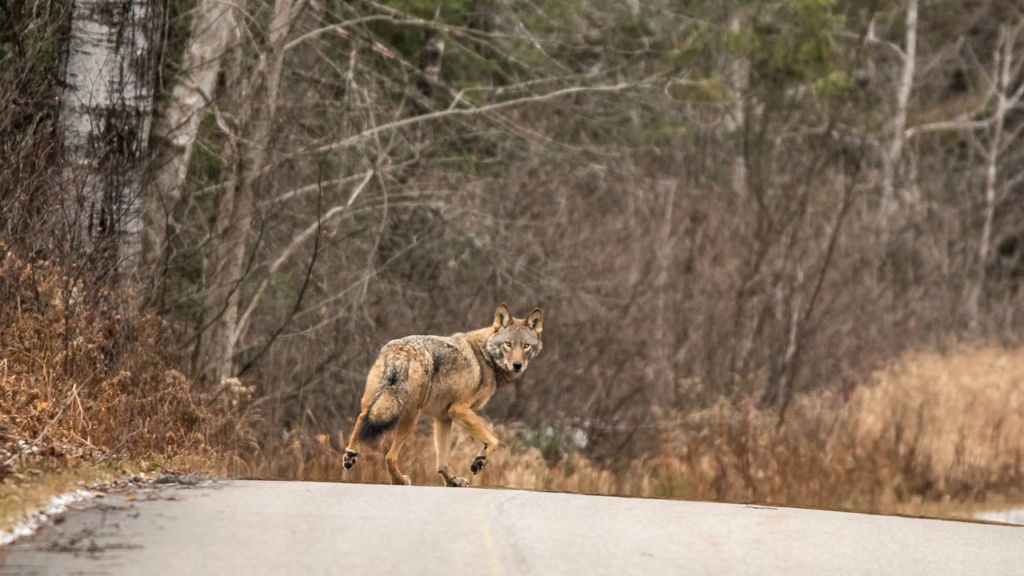
Recent wolf sightings near Lake Tahoe have captured public attention and prompted an investigation by California wildlife officials. The California Department of Fish and Wildlife (CDFW) has received several reports of wolves in Hope Valley, just south of Lake Tahoe. These sightings, including one of a pack of four wolves, have led officials to install cameras and closely monitor the area. With wolves being a protected species in California, this potential return raises excitement and curiosity, highlighting both the challenges and importance of tracking wolf populations in the region.
Rising Wolf Sightings Around Lake Tahoe
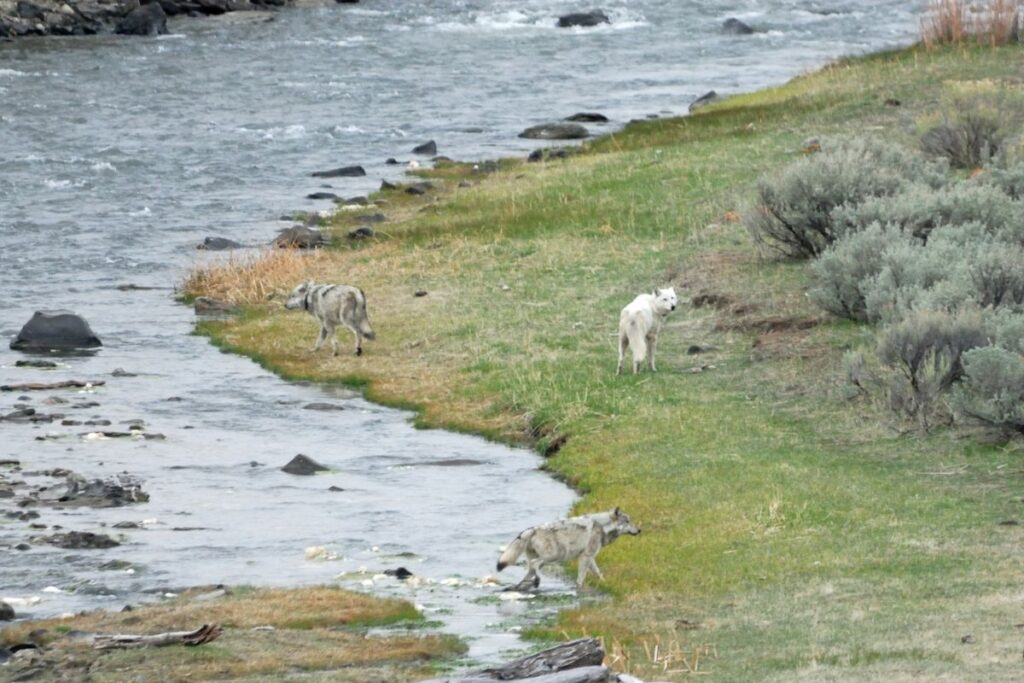
Lake Tahoe’s Hope Valley area has seen multiple wolf sightings recently, sparking curiosity and concern in the community. The California Department of Fish and Wildlife (CDFW) is actively investigating these reports, especially after one witness claimed to see four wolves last week. Wildlife officers have placed cameras around the area to monitor any activity and assess the situation. Local officials are keeping Alpine and El Dorado counties updated on the findings.
Tracking and Confirming Wolf Activity
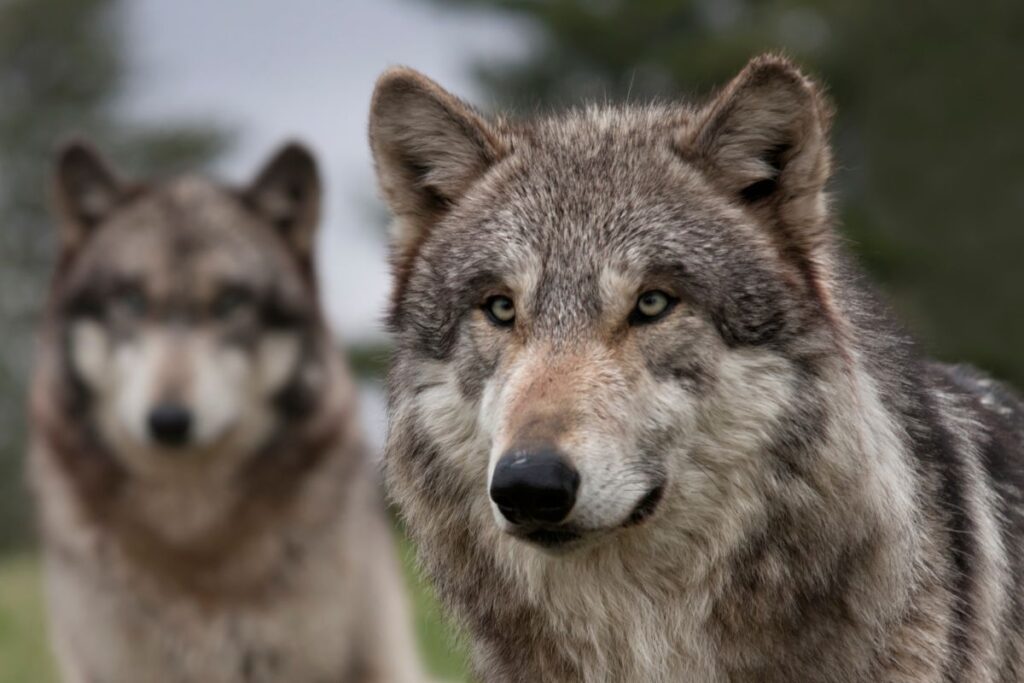
Although CDFW has not officially confirmed wolf presence in the Lake Tahoe area, they are monitoring closely. With a significant number of sightings reported, the department is using cameras to capture potential evidence. These efforts are intended to help confirm whether the sightings are accurate, as unconfirmed sightings have been previously reported in nearby counties.
Gray Wolves’ Protected Status
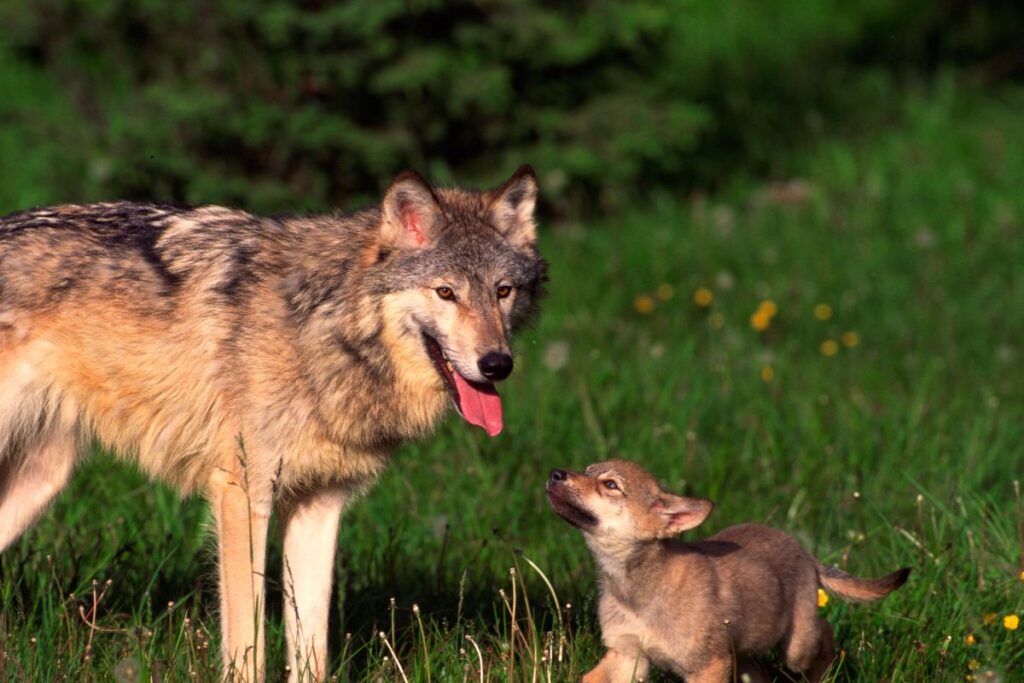
The gray wolf is a protected species under both state and federal law. Historically native to California, wolves once roamed the Sierra Nevada and other mountainous regions. However, they disappeared from the state in the 1920s. Over the past decade, wolves have gradually returned to California, leading to heightened efforts to protect them as they reestablish territories.
California’s Growing Wolf Packs
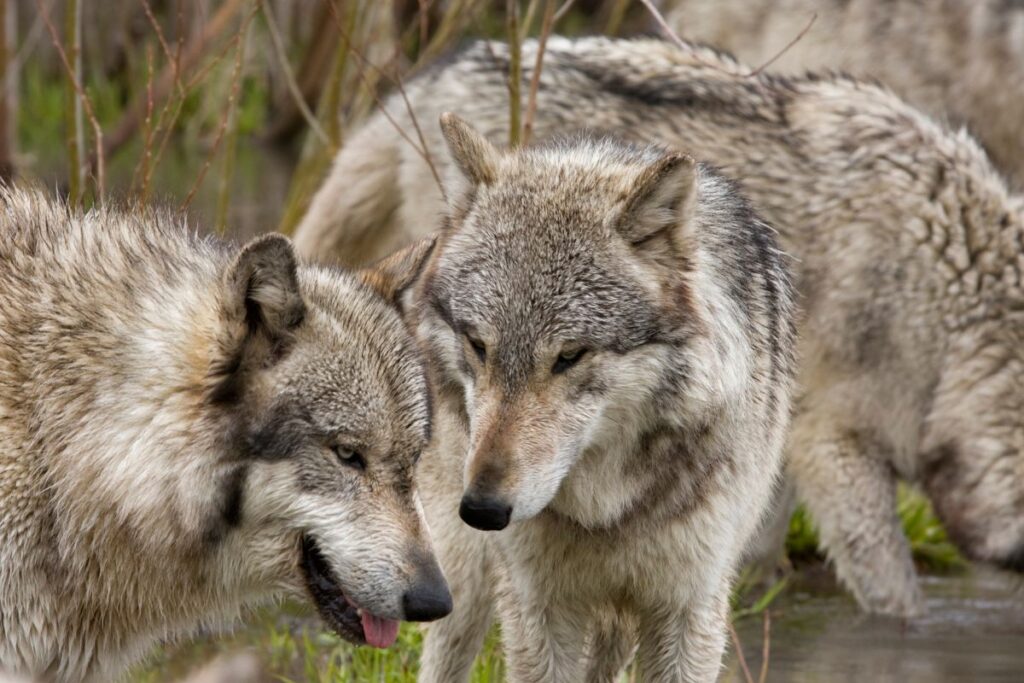
California now has seven confirmed wolf packs, primarily residing in the northern Sierra Nevada and surrounding counties. The latest pack, called the Yowlumni Pack, was identified in Tulare County, the southernmost pack to date. Wildlife officials are closely tracking these packs to monitor their population growth and habitat.
Reporting Wolf Sightings
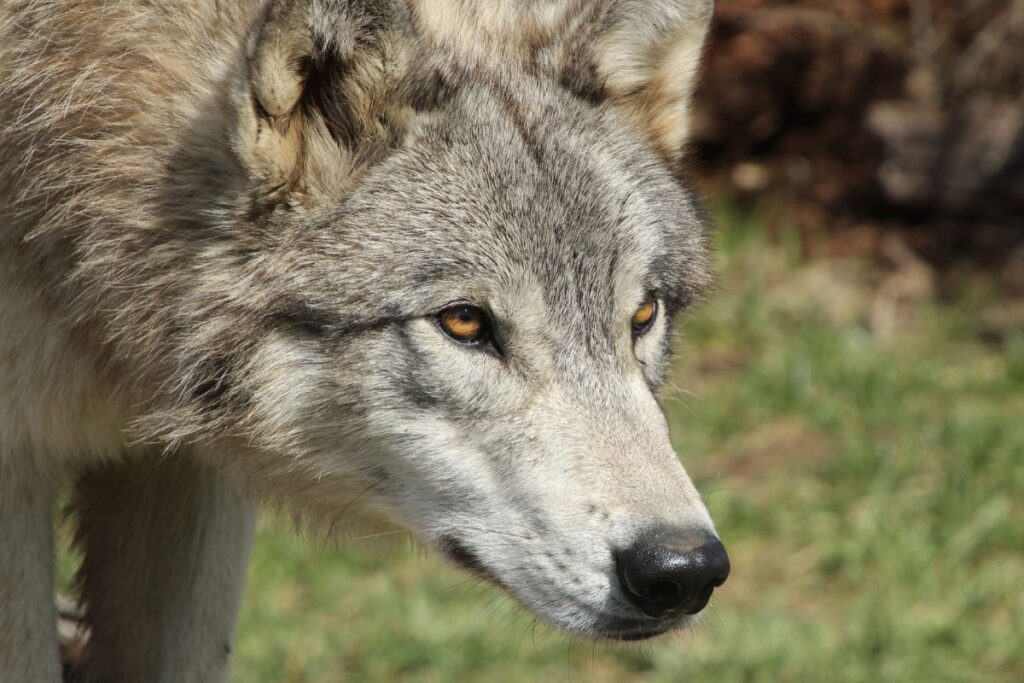
The CDFW encourages the public to report any wolf sightings, including tracks or scat, as well as photos or videos. Past reports have come from areas like Modoc, Plumas, and Tehama counties. Public reports help wildlife officials gather data to support wolf conservation while ensuring public safety and awareness.
Sources:
California Department of Fish and Wildlife (CDFW) – https://wildlife.ca.gov/







